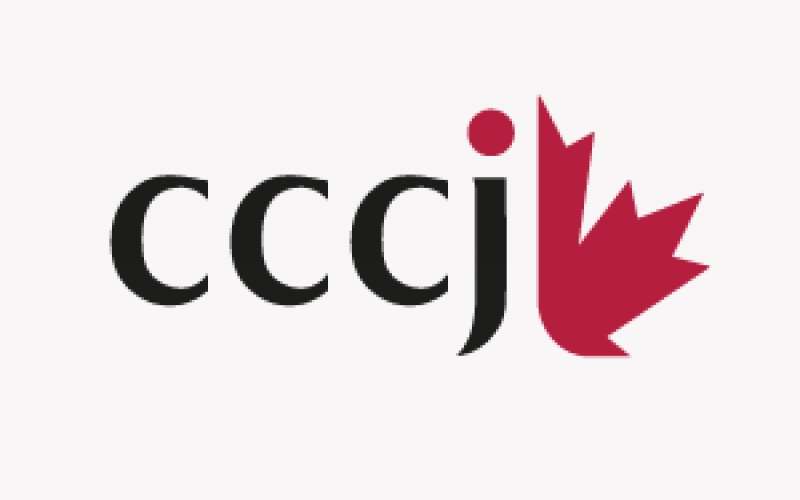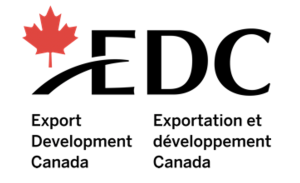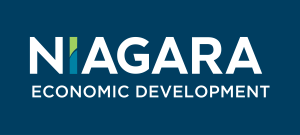Canada Welcomes Japan’s Ratification of Hague Abduction Convention
Canada Welcomes Japan’s Ratification of Hague Abduction Convention
April 1, 2014 - The Honourable Peter MacKay, Minister of Justice and Attorney General of Canada, and the Honourable Lynne Yelich, Minister of State (Foreign Affairs and Consular), today welcomed the coming into force of the Hague Convention of 25 October 1980 on the Civil Aspects of International Child Abduction for Japan.
“For many Canadian families, who face much anxiety and uncertainty when a child is abducted, the 1980 Hague Child Abduction Convention plays an important role. It is significant as it is the only international treaty to which Canada is a party that helps left-behind parents who are seeking the return of children abducted internationally,” said Minister MacKay. “With Japan joining the Convention, there will be enhanced cooperation between our two countries, so we can assist more families facing parental abduction issues.”
The Hague Convention sets out a process to help return children who are wrongfully removed or retained in a contracting state to their jurisdiction of habitual residence. The Convention is based on the premise that the habitual residence jurisdiction of a child is best placed to consider issues regarding custody or access. The intent is to avoid a situation where the parent who has taken the child can take advantage of different rules in another jurisdiction as a result of that abduction. While the entry into force of the Convention in Japan will not affect cases of wrongful removal or wrongful retention that arose before April 1, 2014, the Convention will apply to new cases involving Japan and Canada originating after this date.
“Cases involving children are unique and often complex,” said Minister Yelich. “We welcome Japan’s joining the Convention and look forward to ongoing and open dialogue to help Japanese and Canadian children to fully benefit from this development. In cases involving states that are not party to the Hague Convention, consular assistance available to the left-behind parent and the child can be limited. Canada works diligently to promote the Hague Convention internationally by encouraging additional signatories to the Hague Convention and by fostering strong ties between existing Hague Convention countries.”
More information can be found in the publication International Child Abduction: A Guidebook for Left-Behind Parents. The guidebook helps left-behind parents understand the international context of international child abduction and the means and methods by which a parent can seek the return of a wrongfully removed child. It also outlines strategies to prevent wrongful removals, identifies resources to assist in gaining access to children and lists other options for support.
Canada and Japan maintain excellent bilateral relations. The two countries collaborate closely on a wide range of regional and global issues, and share rich cultural and people-to-people linkages as a result of common values and interests.
-----
Backgrounder - Hague Convention on International Child Abduction
The Hague Convention of 25 October 1980 on the Civil Aspects of International Child Abduction is a multilateral treaty seeking to protect children under the age of 16 from the harmful effects of wrongful removal and retention across international boundaries. It facilitates the prompt return of the child to the child’s habitual residence and works to ensure respect for rights of custody and of access under the laws of its contracting states. The Hague Convention was concluded on October 25, 1980, and entered into force internationally on December 1, 1983.
On January 24, 2014, Japan became the Hague Convention’s 91st contracting state. Japan’s ratification brings an important Asian partner into the Convention, which will now serve as a key tool to seek the return of wrongfully removed or retained children to their place of habitual residence in Canada or Japan. The Convention does not apply to wrongful removals or retentions that occurred prior to April 1, 2014.
The Convention, which applies to all provinces and territories, was ratified by Canada in 1983. Canada currently applies the Convention with 71 contracting states.
Source: http://www.international.gc.ca/media/state-etat/news-communiques/2014/04/01a.aspx





























